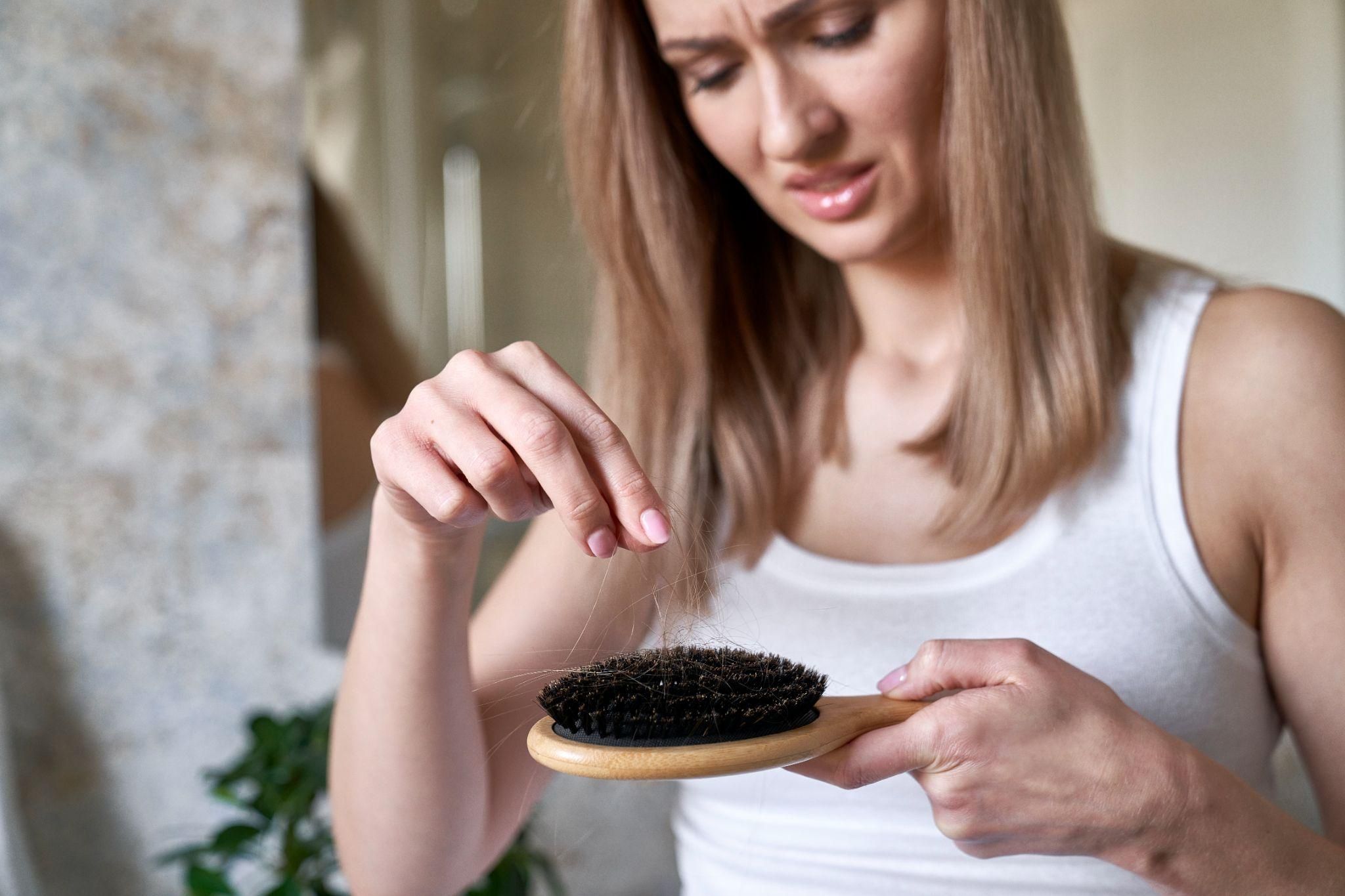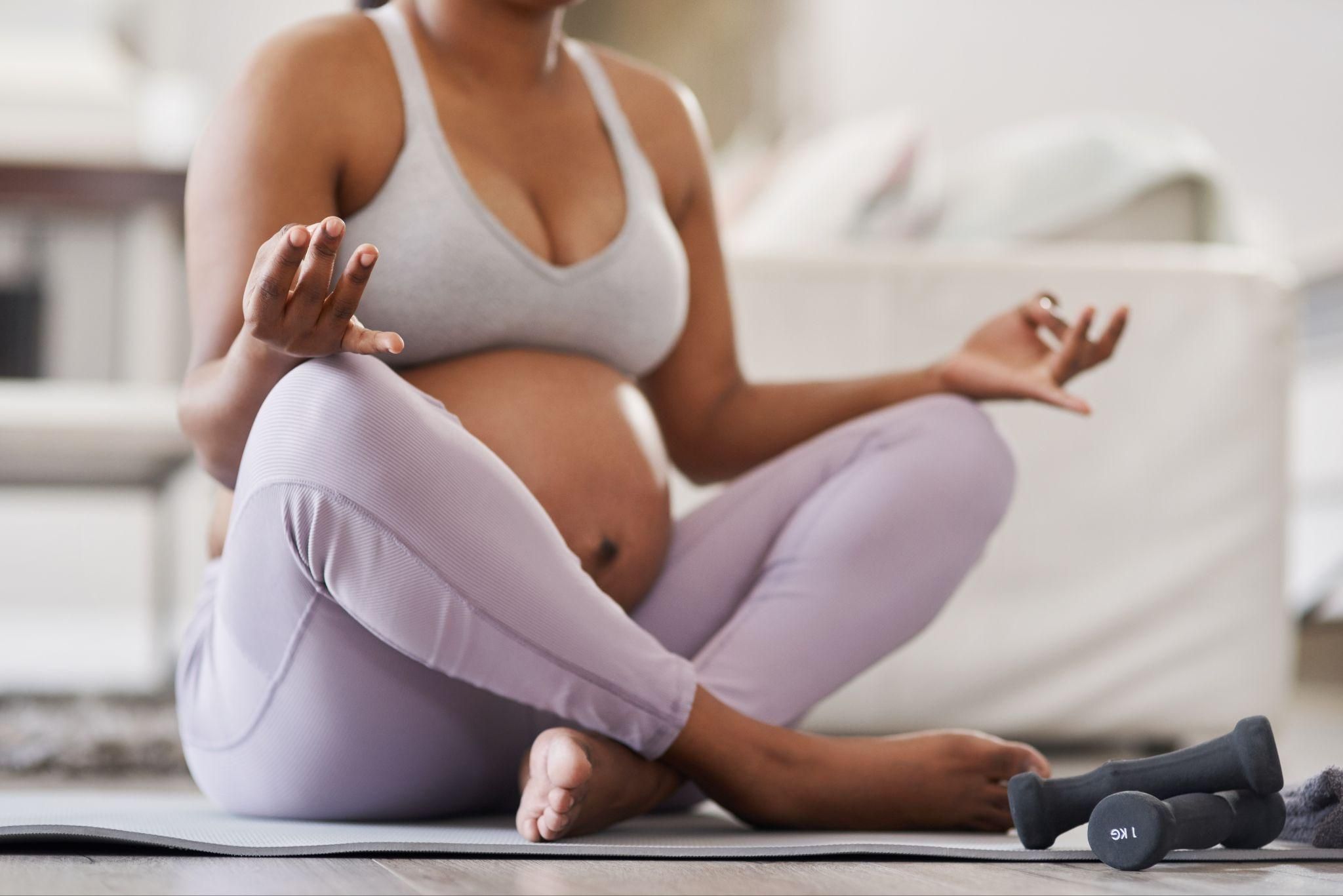Introduction
Postpartum depression (PPD) affects many new parents, with symptoms ranging from mood swings and fatigue to severe anxiety and despair. While seeking professional help is crucial if symptoms arise, there are natural ways to support your mental health during pregnancy and after childbirth. By focusing on holistic practices and prioritising antenatal care, you can significantly reduce the risk of postpartum depression. This guide explores natural methods, including relaxation techniques, physical activity, and emotional preparation, to help you navigate this critical period with confidence.
The Role of Antenatal Care in Postpartum Depression Prevention
Understanding Antenatal Care
Antenatal care forms the foundation for a healthy pregnancy and postnatal recovery. Regular antenatal appointments allow healthcare providers to monitor your physical health and identify any risks early. Beyond physical benefits, antenatal support plays a vital role in mental health by reducing stress and anxiety.
Steps to Optimise Antenatal Care
Attend all antenatal checkups to stay informed about your health and your baby’s development.
Take antenatal vitamins, such as folic acid and iron, to support energy levels and overall well-being.
Engage in antenatal education to prepare emotionally and practically for childbirth and postpartum life.
Building a Support Network During Antenatal Care
Building a support system is essential. Whether through family, friends, or an antenatal clinic, having people to share experiences with can ease emotional strain. Attending antenatal classes near me can also connect you with other expectant parents.
The Benefits of Physical Activity During Pregnancy
Practising Antenatal Yoga
Antenatal yoga is a powerful tool for promoting mental well-being and preventing postpartum depression. The combination of gentle stretches, mindfulness, and breathing exercises helps alleviate stress and improves sleep quality, both of which are crucial for mental health.
Key Benefits of Yoga During Pregnancy:
Strengthens the body for labour and delivery.
Enhances mental clarity and reduces anxiety.
Encourages connection with your baby through mindfulness.
Look for pregnancy yoga classes or try practising prenatal yoga at home to incorporate these benefits into your routine.
Incorporating Antenatal Fitness
In addition to yoga, other forms of antenatal fitness, such as walking or swimming, can enhance your physical and mental resilience. Regular exercise promotes endorphin release, which naturally boosts mood and energy levels.
Prioritising Relaxation Techniques
The Role of Antenatal Massage
Pregnancy can take a physical and emotional toll, making relaxation vital. A prenatal massage not only soothes tired muscles but also promotes mental relaxation. Studies show that massage for pregnancy reduces cortisol levels, alleviating stress and fostering emotional stability.
Benefits of Pregnancy Massage:
Relieves muscle tension and improves circulation.
Helps reduce swelling and other common discomforts.
Supports relaxation during pregnancy, enhancing overall mental well-being.
Consider scheduling regular antenatal massages with a certified therapist to incorporate this calming practice into your pregnancy routine.
Daily Relaxation Practices
Simple daily practices can make a big difference in managing stress and preventing postpartum depression. Try these techniques:
Mindfulness meditation: Focus on your breath to calm your mind.
Deep breathing exercises: Reduce anxiety by practising slow, deliberate breaths.
Warm baths: Soak in a calming environment to relieve tension.
Emotional Preparation for Parenthood
Antenatal Education for Confidence
One of the best ways to reduce anxiety and feel empowered is through antenatal education. These classes provide valuable knowledge about childbirth, breastfeeding, and postpartum care, helping you feel prepared for the challenges ahead.
Topics Covered in Antenatal Education:
Pain management strategies for labour.
Newborn care essentials.
Postpartum recovery tips and resources.
By attending an antenatal clinic or exploring online options, you can gain the tools needed to approach parenthood with confidence.
Building Emotional Resilience
Becoming a parent is a significant life change. To prepare emotionally:
Discuss expectations with your partner or support network.
Journal your thoughts to process emotions and track your progress.
Seek professional guidance if you experience persistent anxiety or sadness.
Practical Postpartum Preparation
Create a Postpartum Care Plan
Planning for postpartum life during the antenatal period can reduce feelings of overwhelm. Consider the following steps:
Arrange for household help, such as meal preparation or cleaning.
Stock up on essentials like nappies, wipes, and postpartum clothing.
Identify trusted friends or family members who can offer emotional or practical support.
Recognising Early Signs of Postpartum Depression
It’s important to monitor your mental health closely after childbirth. While some emotional ups and downs are normal, persistent feelings of sadness, detachment, or hopelessness could indicate postpartum depression. Early intervention is key to recovery, so don’t hesitate to seek professional help.
Leveraging Antenatal Scans and Checkups
Strengthening the Bond with Your Baby
Routine antenatal scans provide more than just medical insights; they also help you feel connected to your baby. This emotional bond can reduce feelings of detachment and isolation after childbirth, which are common triggers for PPD.
Staying Informed Through Regular Checkups
Regular pregnancy clinic visits ensure that both you and your baby are on track for a healthy delivery. Use these opportunities to discuss any concerns about mental health with your healthcare provider.
The Importance of Nutrition for Mental Health
Supporting Mood with Antenatal Vitamins
Nutritional deficiencies can contribute to fatigue and mood swings, both of which are risk factors for postpartum depression. Taking antenatal vitamins, including omega-3 fatty acids, can support brain health and stabilise mood.
Eating for Emotional Well-Being
Incorporate nutrient-rich foods into your diet to support both your physical and mental health. Focus on:
Whole grains for sustained energy.
Leafy greens for essential vitamins and minerals.
Protein sources like lean meat, fish, and legumes for overall wellness.
Conclusion
Preventing postpartum depression begins with proactive measures during the antenatal period. By prioritising antenatal care, engaging in activities like antenatal yoga and prenatal massage, and preparing emotionally for parenthood, you can significantly reduce the risk of PPD. Remember, self-care is not selfish; it’s a vital part of your journey to parenthood. Use these natural methods to support your mental health and enjoy the transformative experience of becoming a parent.
References
- The Ultimate Antenatal Classes
Prepare for labour, birth, and baby care with nine experts, including senior NHS midwives and an award-winning obstetrician!
https://unii.com/en/journey/ultimate-antenatal-classes









